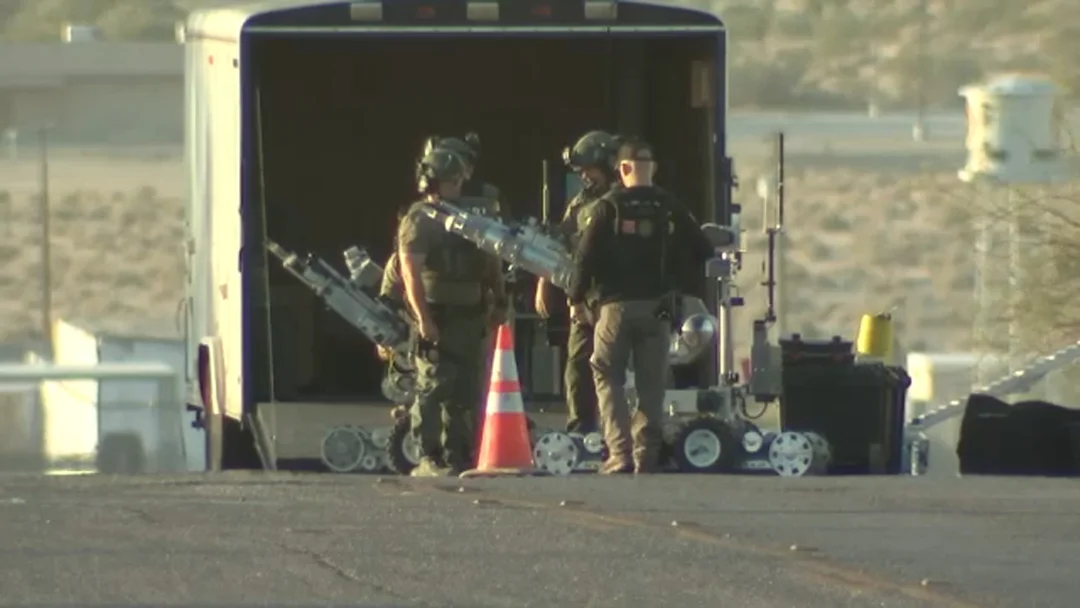
Could a Single Explosion Shatter Hopes for Families Everywhere?
In the heart of Palm Springs, an act of violence has left a community reeling and raised urgent questions about safety in spaces dedicated to life's beginnings. Just hours ago, authorities classified a bomb explosion outside a fertility clinic as an intentional act of terrorism, thrusting this serene desert city into the national spotlight.
The suspect, identified as 25-year-old Guy Edwards Bartkus from nearby Twentynine Palms, reportedly perished in the blast. Palm Springs Police Chief Andrew Mills addressed the public, declaring, "Yesterday, a man intent on harming others in our city failed. Palm Springs survived, and we are stronger and more resilient." This assurance comes amid investigations revealing Bartkus's "pro-mortalist" views, suggesting a targeted attack against reproductive healthcare. The incident damaged the American Reproductive Centers, a clinic that has helped over 2,000 families, including LGBTQ+ couples, achieve parenthood.

Former patients like Staci Franklin expressed outrage, recalling how the clinic gave her hope for her own family. "All he's doing is giving women hope to have babies," she said of the clinic's director, Dr. Maher A. Abdallah. Franklin speculated on motives, pointing to possible anti-abortion extremism, a theory echoed by investigators who found weapons near the scene. The FBI, led by Assistant Director Akil Davis, described this as a "targeted attack" and one of the largest bombing scenes in Southern California, even eclipsing the 2018 Aliso Viejo incident.
The explosion's ripple effects extended beyond the clinic, shattering windows blocks away and prompting evacuations in Twentynine Palms as authorities searched for more threats. Despite the chaos, Dr. Abdallah confirmed no embryos were harmed, and the clinic vowed to reopen, stating, "This moment has shaken us—but it has not stopped us." This resilience highlights a broader commentary on the vulnerability of reproductive rights in an era of increasing polarization.
Comparing this event to other acts of domestic terrorism, it's clear that attacks on healthcare facilities are not isolated. While the motive remains under scrutiny—with hints of a possible manifesto—experts warn this could signal rising extremism against family planning services. The community, however, is rallying, with local leaders emphasizing unity and safety measures at similar centers nationwide.

As Palm Springs begins to heal, the incident underscores the need for vigilance and dialogue on protecting vulnerable institutions. What does this mean for the future of reproductive healthcare in America? It calls for communities to stand together against such threats.
In summary, this attack not only damaged buildings but tested the spirit of hope and family. We invite readers to share their thoughts: How can we better safeguard these essential services? Leave a comment below or share this story to spark conversation.
Related issues news
What caused the Palm Springs explosion?
Palm Springs fertility clinic explosion was 'act of terrorism,' FBI says - The Washington Post.
What time was the explosion in Palm Springs today?
The explosion occurred on North Indian Canyon Drive near East Tachevah Drive just before 11 a.m. local time. Investigators raided a property in Twentynine Palms Saturday afternoon that was believed to be related to the suspect, sources with knowledge of the investigation said.